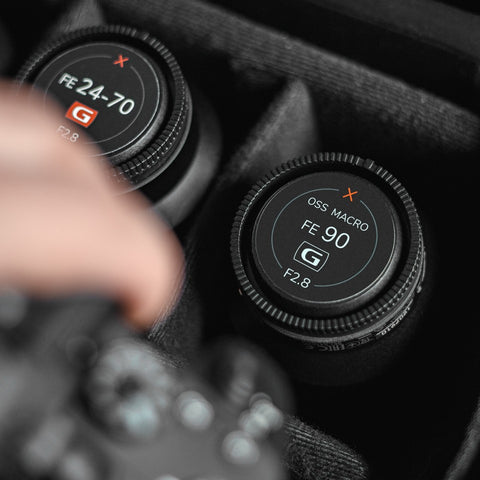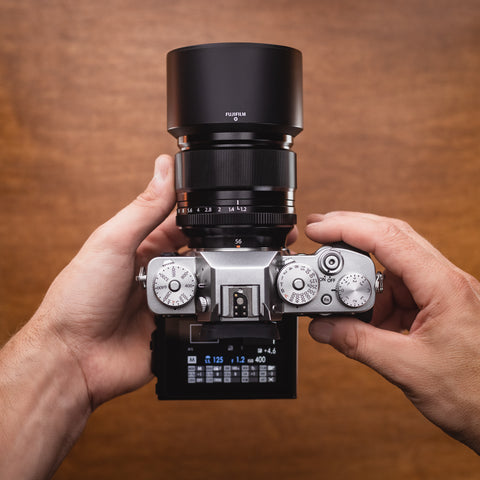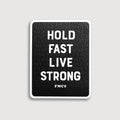Focal Length
One of the most important factors to consider when choosing a lens is focal length. Focal length is the distance between the optical center of the lens and the sensor, and it's measured in millimetres. A shorter focal length means that the field of view will be wider, while a longer focal length will result in a narrower field of view. So, if you want to take landscape photos, you'll want a lens with a shorter focal length so that you can fit more into the frame. On the other hand, if you want to take portraits, you'll want a lens with a longer focal length so that you can narrow in on your subject.
Aperture
Another important factor to consider is the aperture. Aperture is measured in f-stops, and it refers to the size of the opening in the lens through which light passes. A larger aperture results in more light being let in, which is great for low-light situations. However, it also results in a shallower depth of field, which means that less of the photo will be in focus. This can be desirable for certain types of photos, such as portraits, where you want your subject to stand out from the background. Conversely, a smaller aperture results in less light being let in but gives you a greater depth of field so that more of the photo will be in focus. This is ideal for landscape photos where you want everything to be sharp and clear.
Size and Weight
Another consideration is size and weight. If you're someone who likes to travel light, then you'll want to choose a smaller and lighter lens. However, keep in mind that smaller lenses typically have smaller maximum apertures, which means they might not perform as well in low-light situations. Larger lenses can be more cumbersome to carry around, but they usually have larger maximum apertures, which means they can let in more light.
There is no perfect lens for all photography needs, so it's important to weigh the various features of each lens before making your purchase. Focal length, aperture, and size and weight are all important factors to consider when choosing a lens for your photography. By keeping these factors in mind, you'll be able to find the perfect lens for your specific needs.





